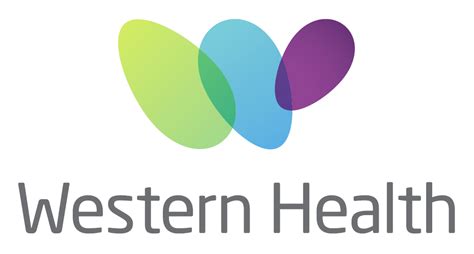Tara Murray
The COVID-19 pandemic has taken a considerable toll on the psychological health of staff at Western Health, a new study has found.
Western Health, in a partnership with Deakin University, surveyed nearly 700 nurses, doctors and allied health workers multiple times as a part of a study into the impact of the pandemic.
The new data found, contracting the virus, putting family members at risk and caring for infected patients were the top concerns for staff.
The study found more than 80 per cent of staff avoided interacting with their friends and extended family and steered clear of public or crowded spaces.
Three quarters indicated that people close to them were concerned about their health, while almost a quarter of those surveyed avoided telling people they worked at a hospital, with several staff reporting they received a negative reaction when they wore their uniform in public.
Despite the impact on their personal and professional lives, few staff considered resigning.
Study co-investigator, senior research fellow Sara Holton, said that many staff reported positive impacts during the pandemic.
“This included increased knowledge about infectious diseases and infection prevention and control, and a greater sense of togetherness and co-operation among colleagues,” she said.
The study, which included multiple surveys, aims to help Western Health understand the impact of COVID-19 on staff.
The first survey in May and June last year, found that one quarter of staff surveyed reported symptoms of psychological distress, including depression, anxiety and stress.
Dr Holton said one of the study’s most significant findings was that staff who thought the health service had responded appropriately to the pandemic and provided sufficient staff support were more likely to have better mental health outcomes.
As part as it’s response to the pandemic, Western Health introduced a range of initiatives to support staff in 2020, such as wellness hubs, on-site counsellors, regular staff bulletins and briefings by the chief executive . The researchers are evaluating these to see if they are meeting the needs of staff .
“Our study demonstrates the importance of providing targeted well-being and support initiatives, especially to those who are pregnant, so they continue to provide high quality patient care for the community,” Dr Holton said.








